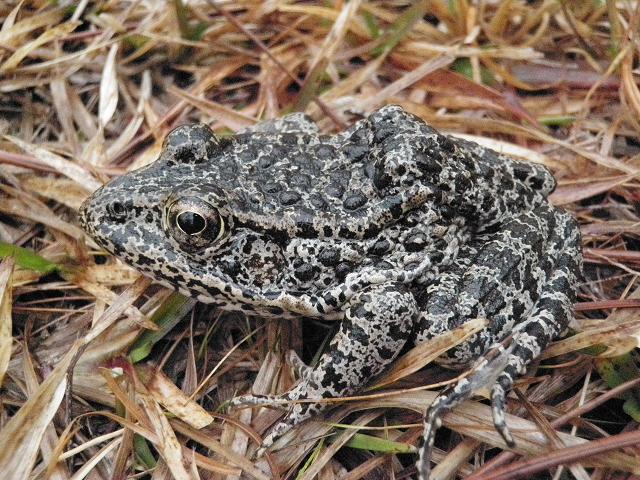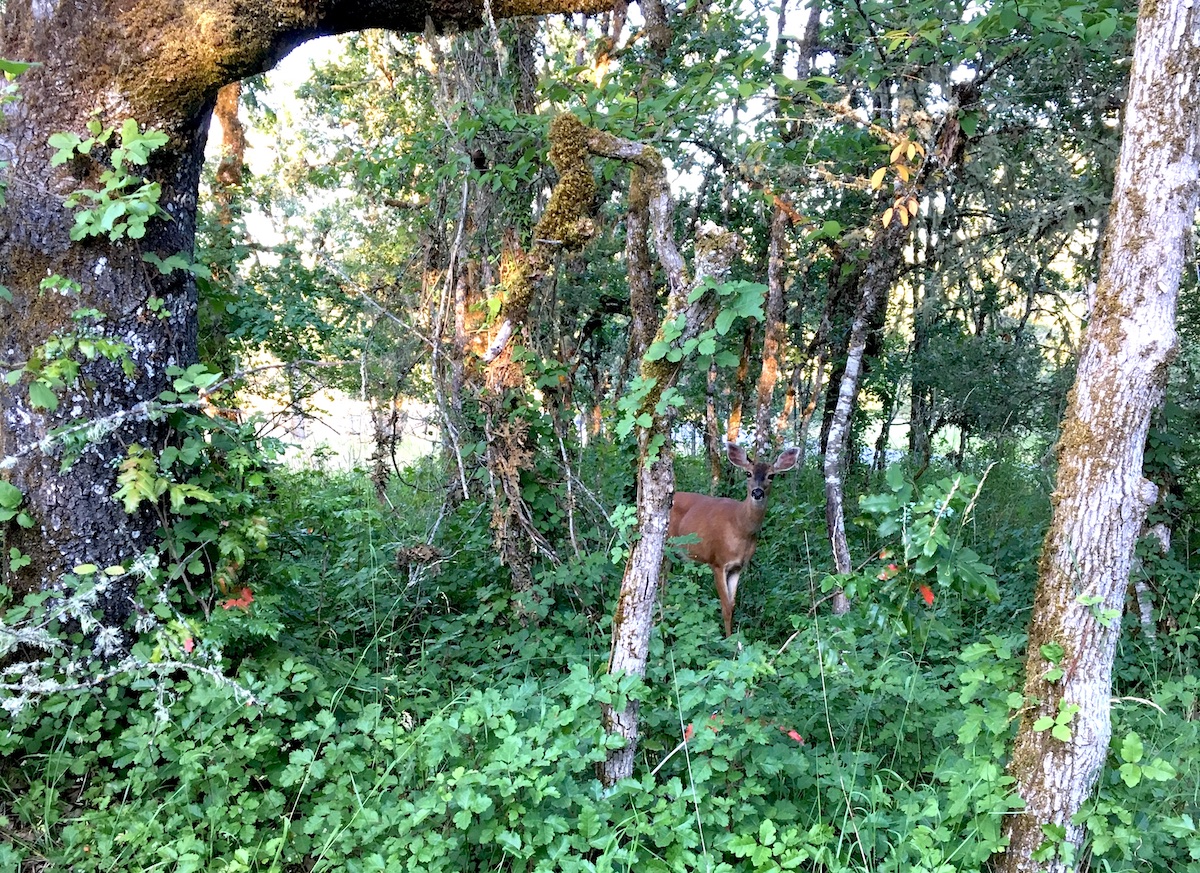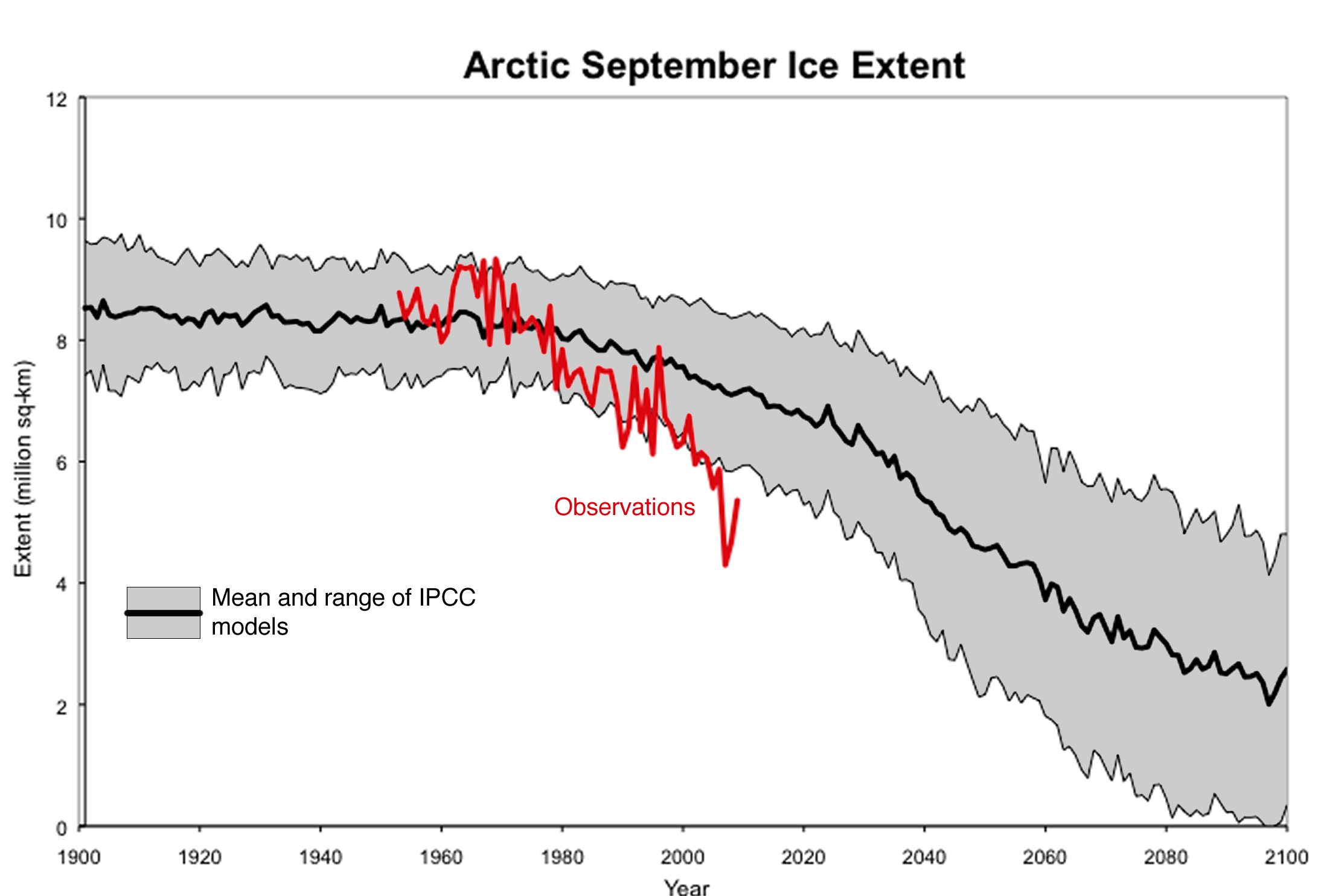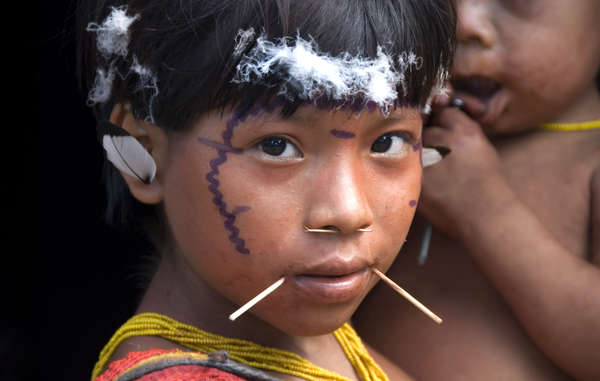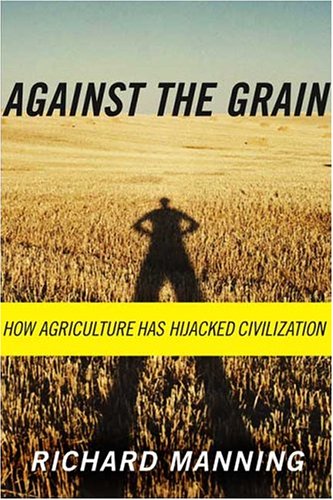
How Does Coronavirus Kill People?
Coronavirus rarely kills people directly—so why are people dying? This piece from Paul Feather, animist farmer and writer, challenges simplistic, reductionist thinking, and proposes a synthesis approach to understanding the current crisis. Cause of Death: Civilization By Paul Feather Sixty five thousand, six hundred and fifty two. As of this writing, John Hopkins reports this death toll from coronavirus [the official death toll is now above 100,000]. It’s strange to me, the way we count these deaths. I would like to count them differently. I would like to use science, even though the scientists won’t. Sometimes it doesn’t matter how you count things, but this particular number—or rather its rate of growth—has lost us our constitutional right to assemble. A third of the world’s population is on lockdown with more to come no doubt, and I fear for the suffering that results from these restrictions. ...

